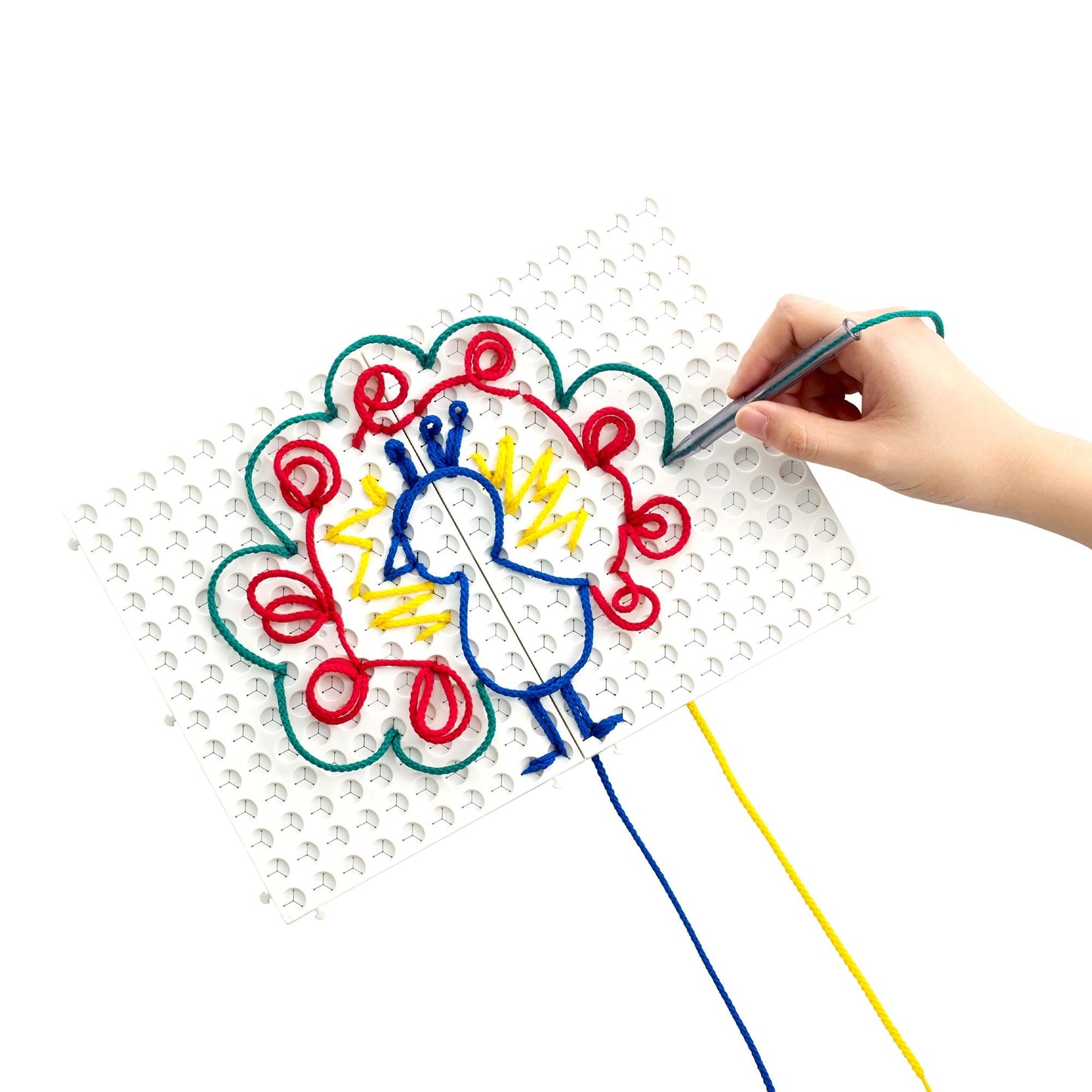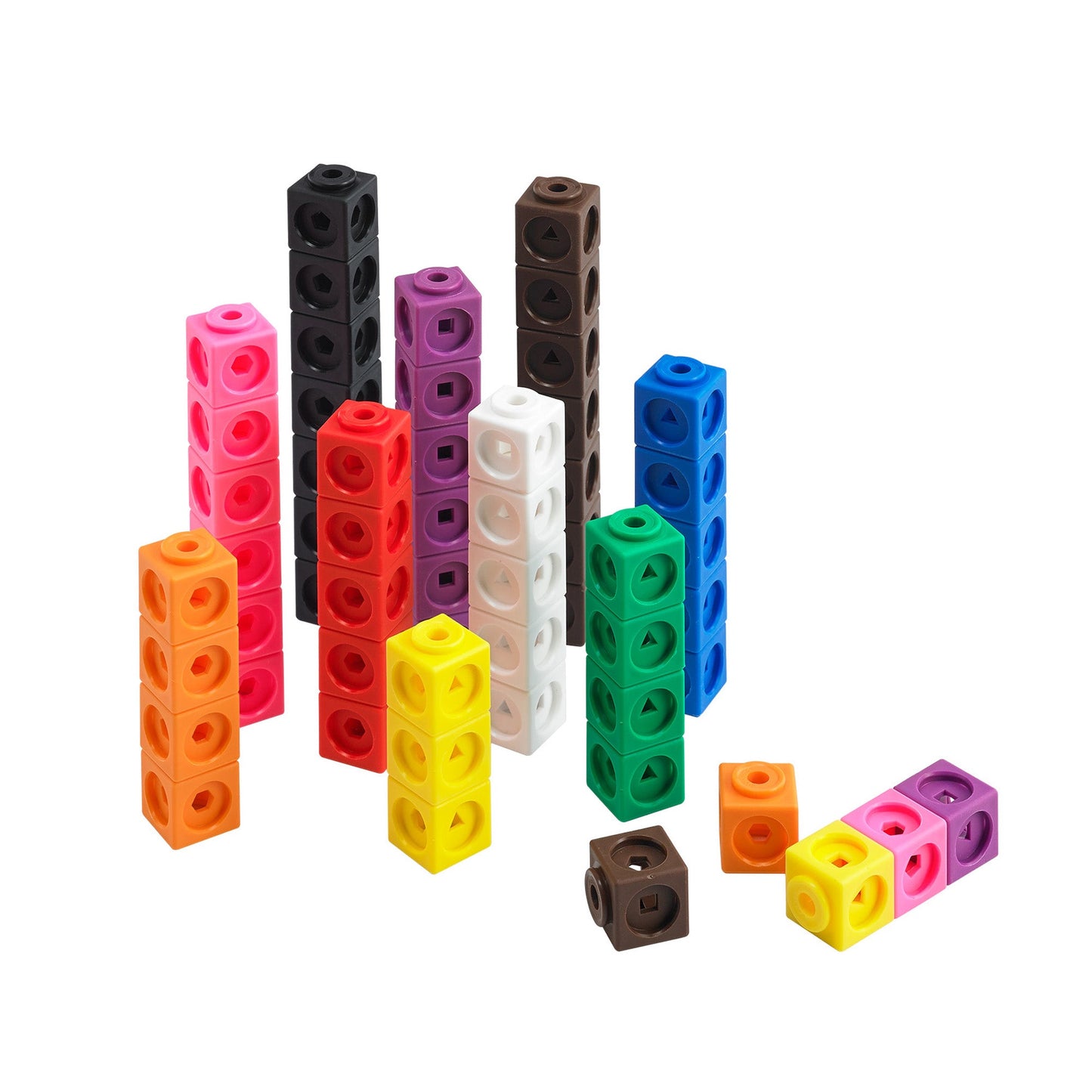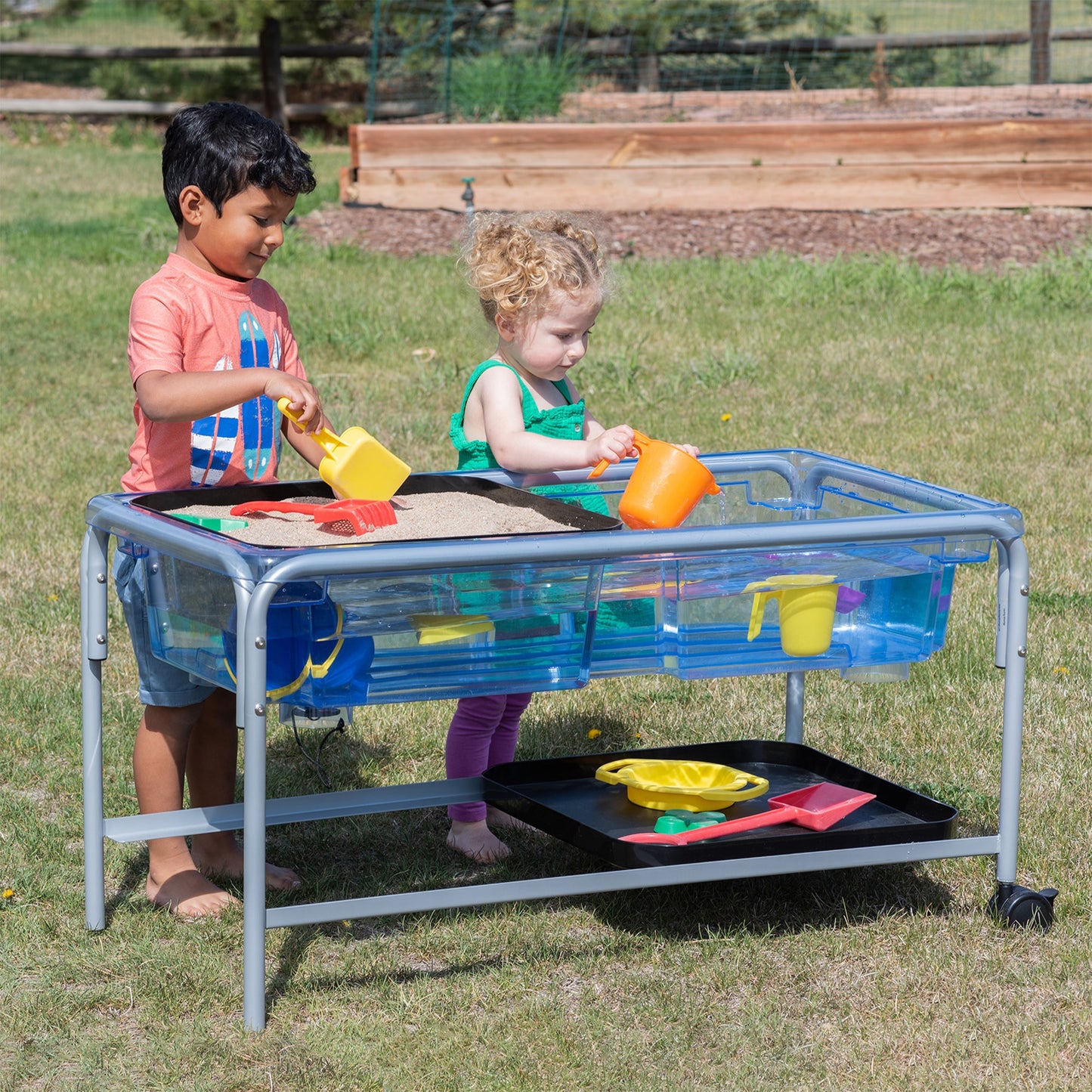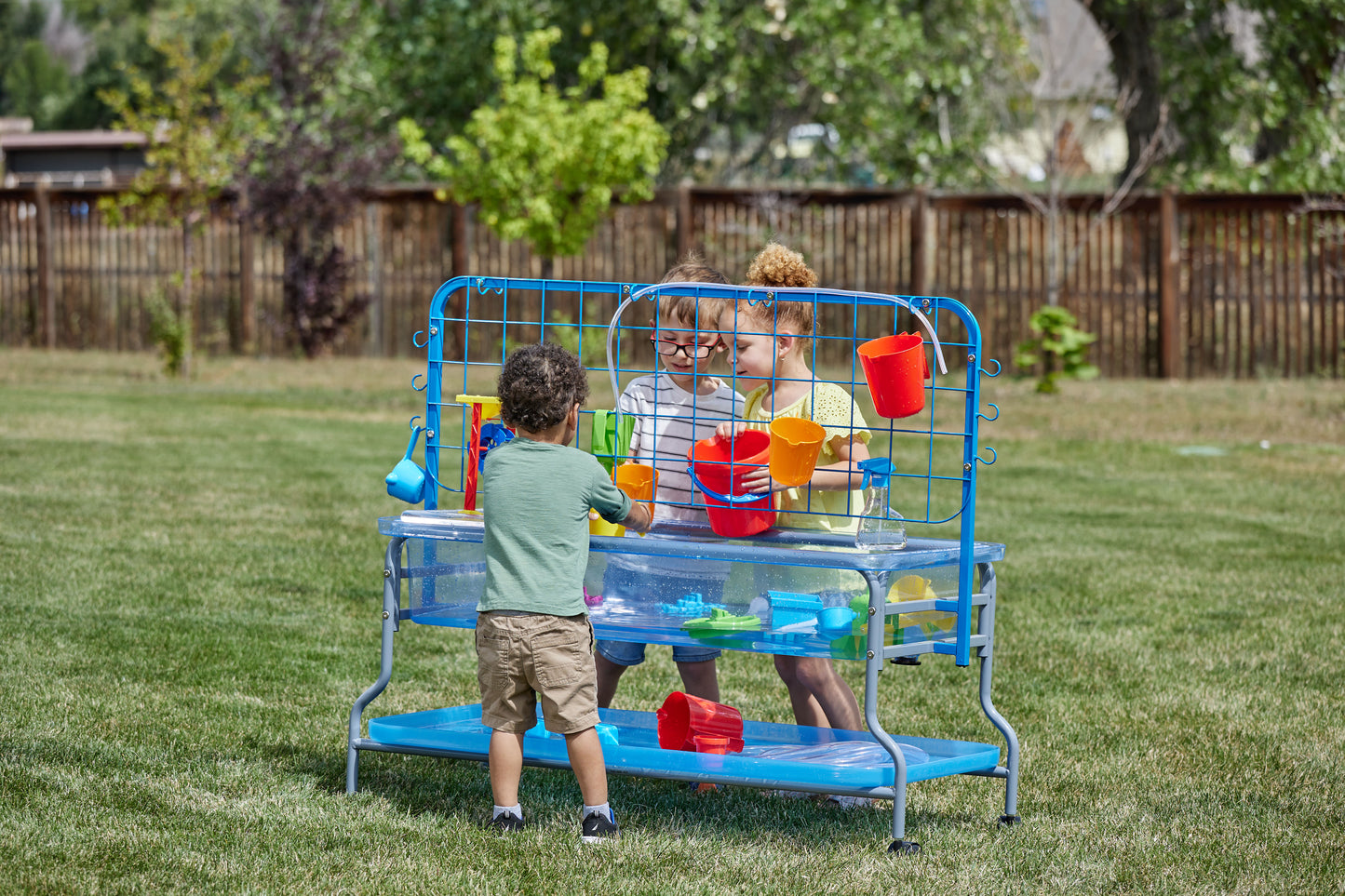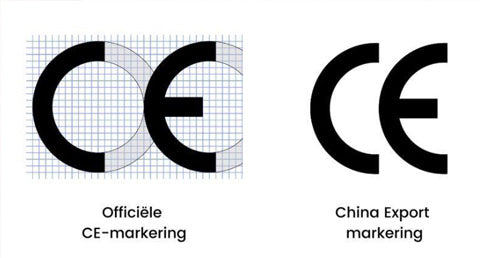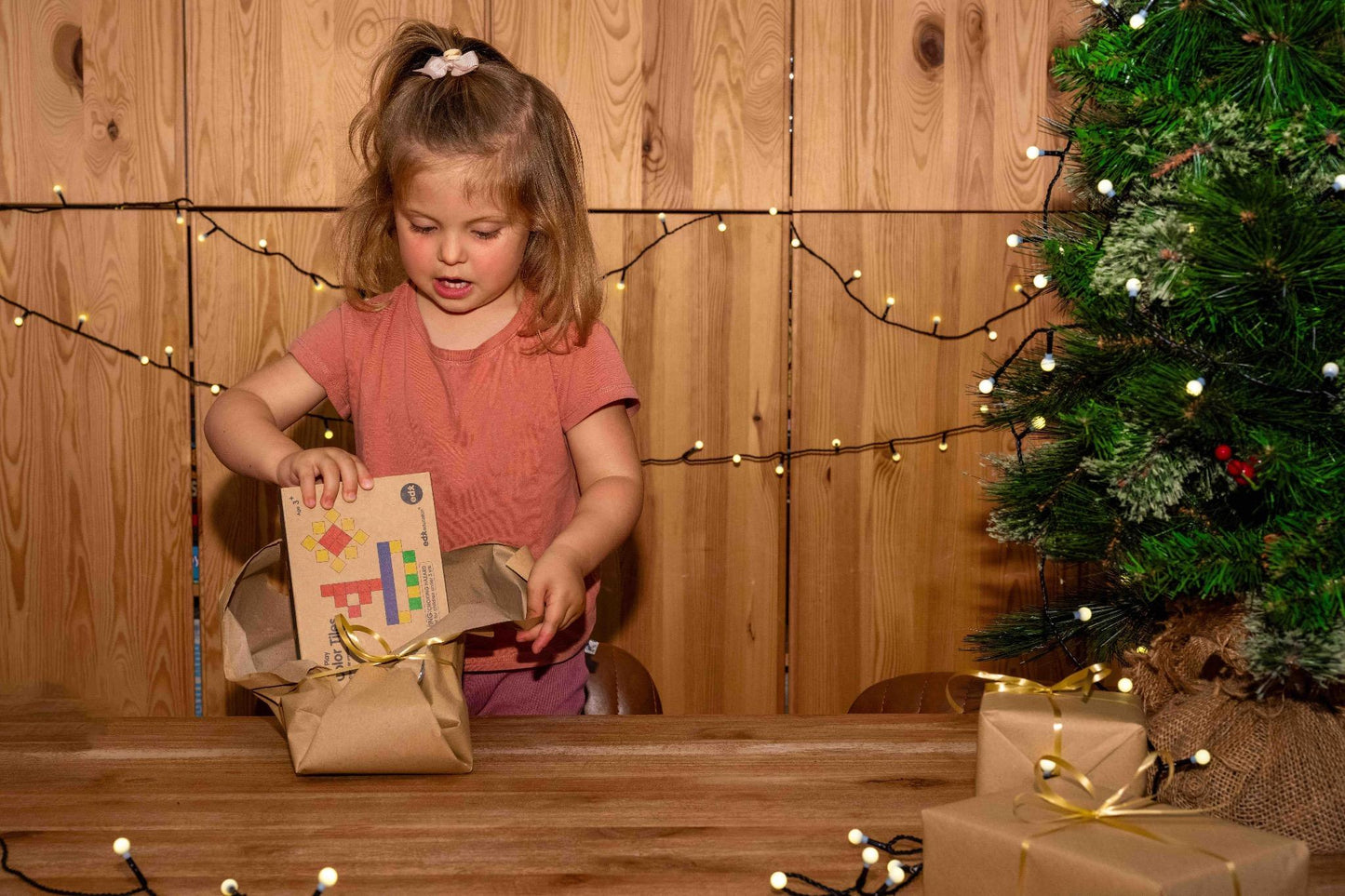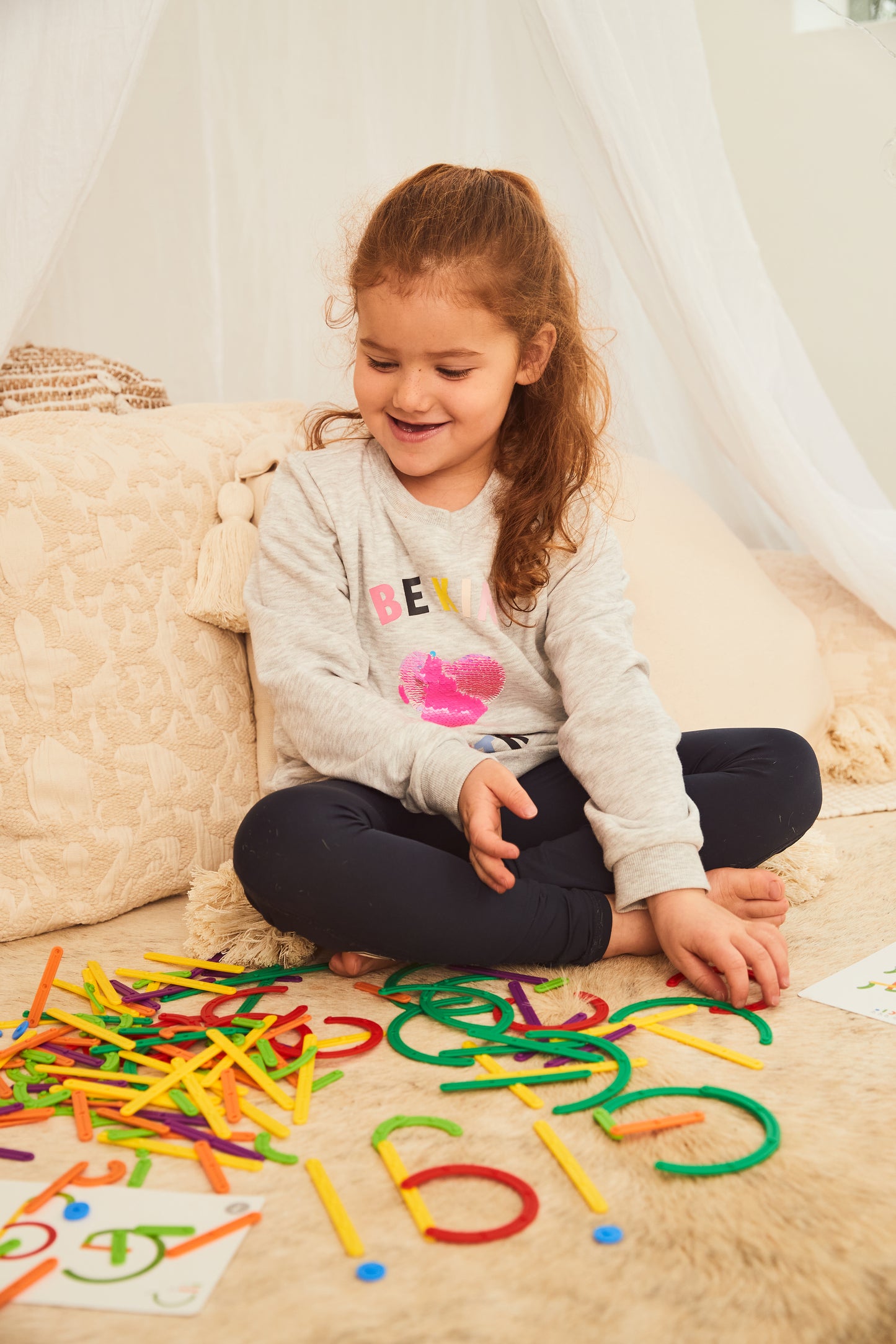World Book Day is a fantastic opportunity to inspire a love of reading and storytelling in young children. But did...
At Edx Education, we believe that the simplest toys can offer the most profound learning experiences. Maths cubes are a...
The landscape of early years education is evolving. Across the UK, caregivers, teachers, and Special Educational Needs Coordinators (SENCOs) are...
As caregivers and parents, one of the greatest challenges we face is helping children navigate big emotions and moments of...
As parents and caregivers, we strive to provide children with experiences that inspire their imagination, encourage exploration, foster growth, and...
As the toy market continues to expand, understanding safety marks is crucial for caregivers, distributors, and buyers. John Baulch of Toy...
As Black Friday approaches, it’s the perfect time to snag incredible deals on high-quality educational toys for your children. At...


